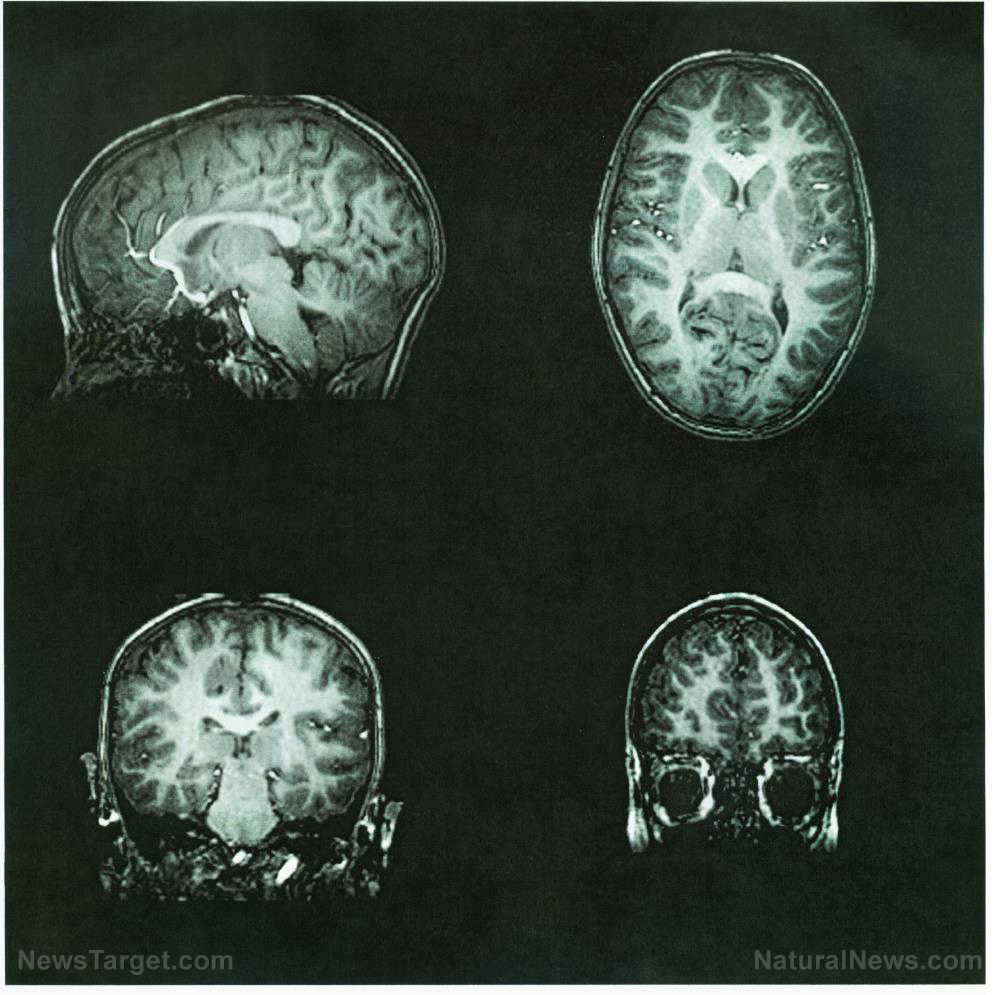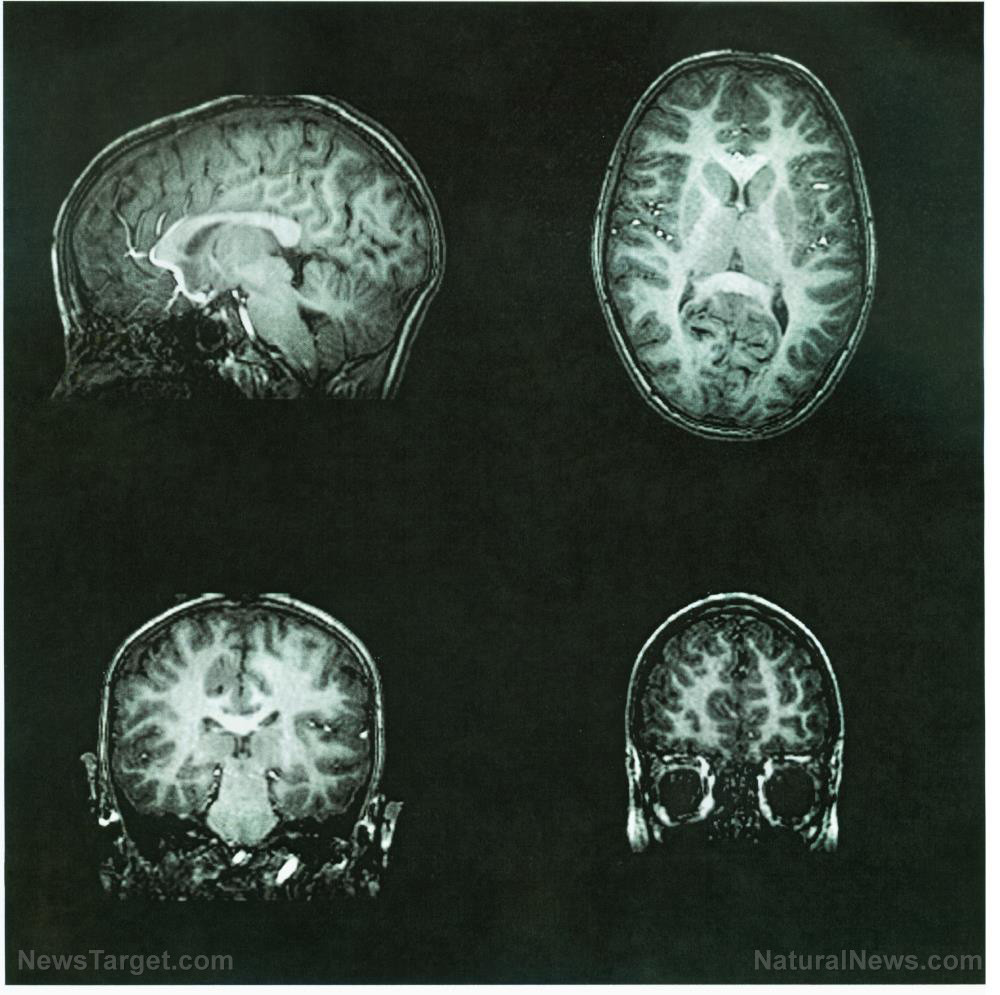Learn about brain health and nootropics to boost brain function
Neurological damage linked to Alzheimer’s may be repaired with dietary supplementation


(Natural News) Is it really possible to mitigate and even reverse the damaging effects of Alzheimer’s disease and dementia through simple dietary supplementation? According to new research out of Denmark, it certainly is.
Professor Vilhelm Bohr and an international team of scientists hailing from the Center for Healthy Aging at the University of Copenhagen and the American National Institute of Health found that nicotinamide adenine dinucleotide, also known as NAD+, helps to clear up congestion of tau proteins in nerve cells and minimize DNA damage, among other benefits.
Using a mouse model that mimicked the features of Alzheimer’s disease in humans, Prof. Bohr and his colleagues added a substance to the rodents’ drinking water that stimulated increased production of NAD+ in their cells. Those mice that received the supplement, resulting in increased NAD+ levels inside their bodies, experienced improvements in various markers associated with brain health.
These included improvements in the activity and reorganization of the mice’s brain cells, as well as increased production of new nerve cells from stem cells. The supplement also resulted in less damage to and fewer dead nerve cells.
“Our study shows that the brains of the mice during the three-month period where they received the compound showed fewer of the characteristics associated with Alzheimer’s disease,” Prof. Bohr reported about his team’s findings, noting that the supplement both prevented and removed existing damage to DNA in the hippocampus regions of the mice’s brains.
The power of the elements: Discover Colloidal Silver Mouthwash with quality, natural ingredients like Sangre de Drago sap, black walnut hulls, menthol crystals and more. Zero artificial sweeteners, colors or alcohol. Learn more at the Health Ranger Store and help support this news site.
“In several behavioural and memory tests the mice received higher scores than mice who had not been given the supplement.”
For more related news about dietary supplementation the many ways that it can help improve human health, be sure to check out AlternativeMedicine.news.
Mice with increased NAD+ levels demonstrated improved physical strength and agility
While NAD+ is naturally produced inside the cells of the body, individuals with dementia or Alzheimer’s disease experience decreased levels of it, as well as reduced NAD+ efficacy. But by stimulating NAD+ production and utilization through supplementation, as this study demonstrates, tangible improvements can be realized – both mental and physical.
When Alzheimer’s mice given the NAD+ stimulating supplement were placed into water labyrinths, their ability to recognize objects and navigate around improved. The rodents also demonstrated improved muscular and grip strength, increased stamina, and a greater ability to walk and move compared to the control group.
Though it’s not fully understood how NAD+ works its magic in this regard, researchers believe that both the physical and cognitive advantages brought about by increased levels of it in the body have to do with the way it’s able to rejuvenate stem cells, both in muscle and brain tissue.
NAD+ is a powerful anti-aging compound for the entire body
As we previously reported, NAD+ has been shown in studies to have “fountain of youth” properties. when combined with nicotinamide mononucleotide (NMN), NAD+ supplementation resulted in improvements in immunity, insulin levels, body composition, eyesight, liver function, bone strength, and muscle mass.
Further, NAD+ was shown in this earlier research to make elderly mice perform in much the same way as younger mice, which could explain its benefits in the cognition department. It appears as though NAD+ possesses a unique ability to make tissue that’s old function as if it was young again – the implications of this being substantially positive in terms of counteracting and even reversing the aging process, particularly in the brain.
“We are encouraged by the results, which show an effect in our Alzheimer’s mouse model,” Prof. Bohr added. “We look forward to studying the compound’s possible therapeutic effects on humans with dementia in the future.”
You can access the full published study at this link.
Be sure to also check out Alzheimers.news for more stories about this important topic.
Sources for this article include:
Click here to view full article